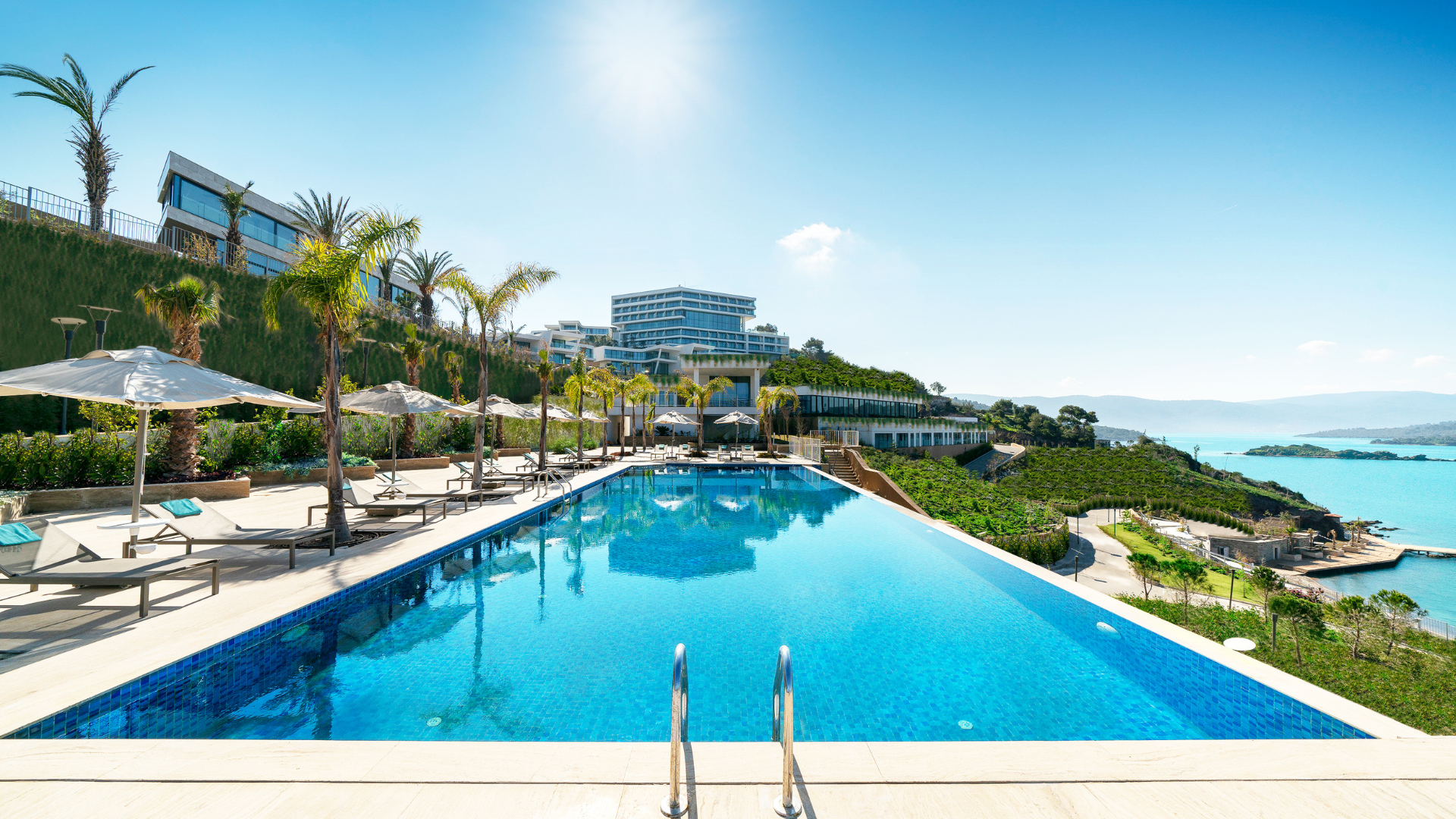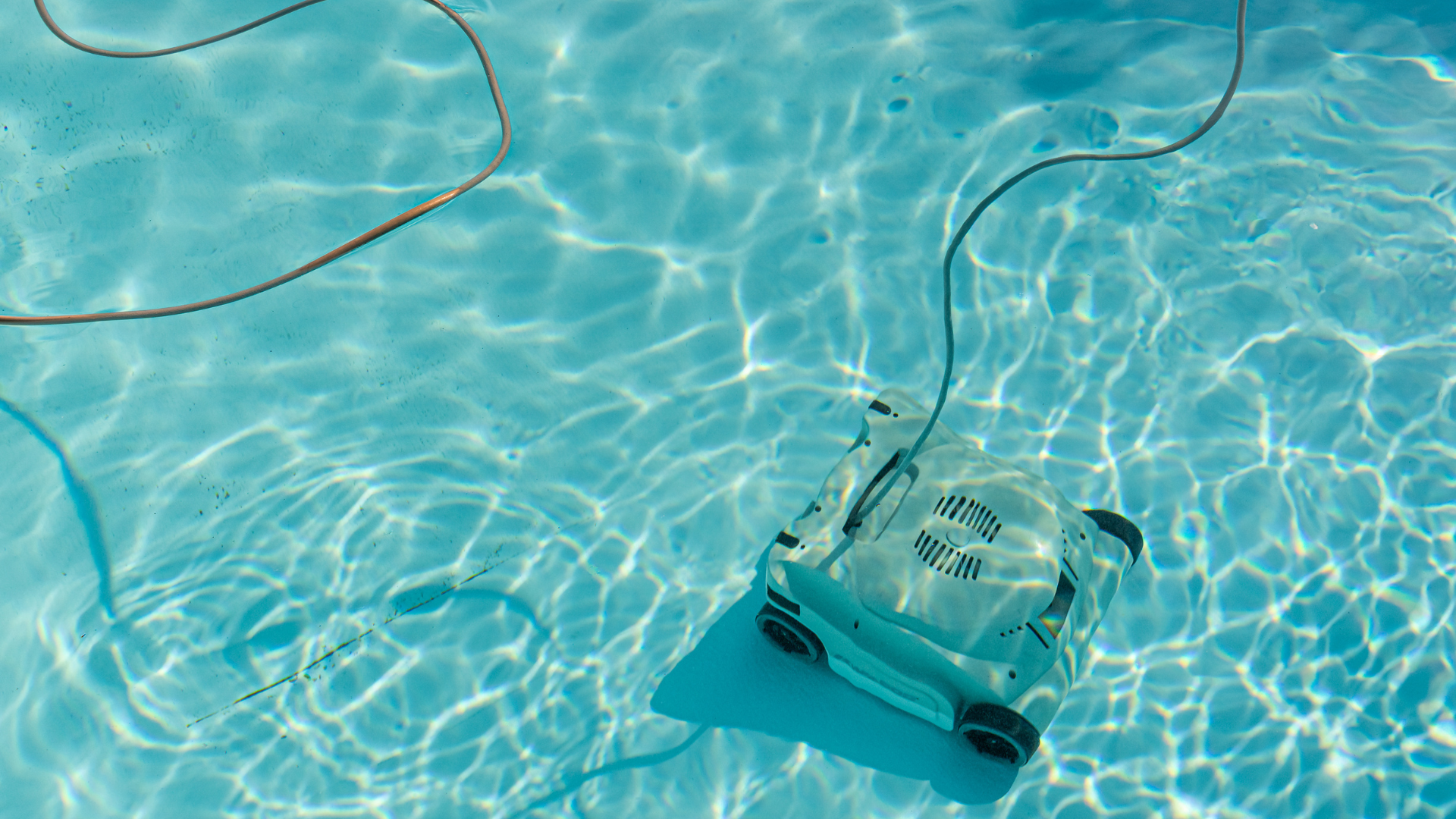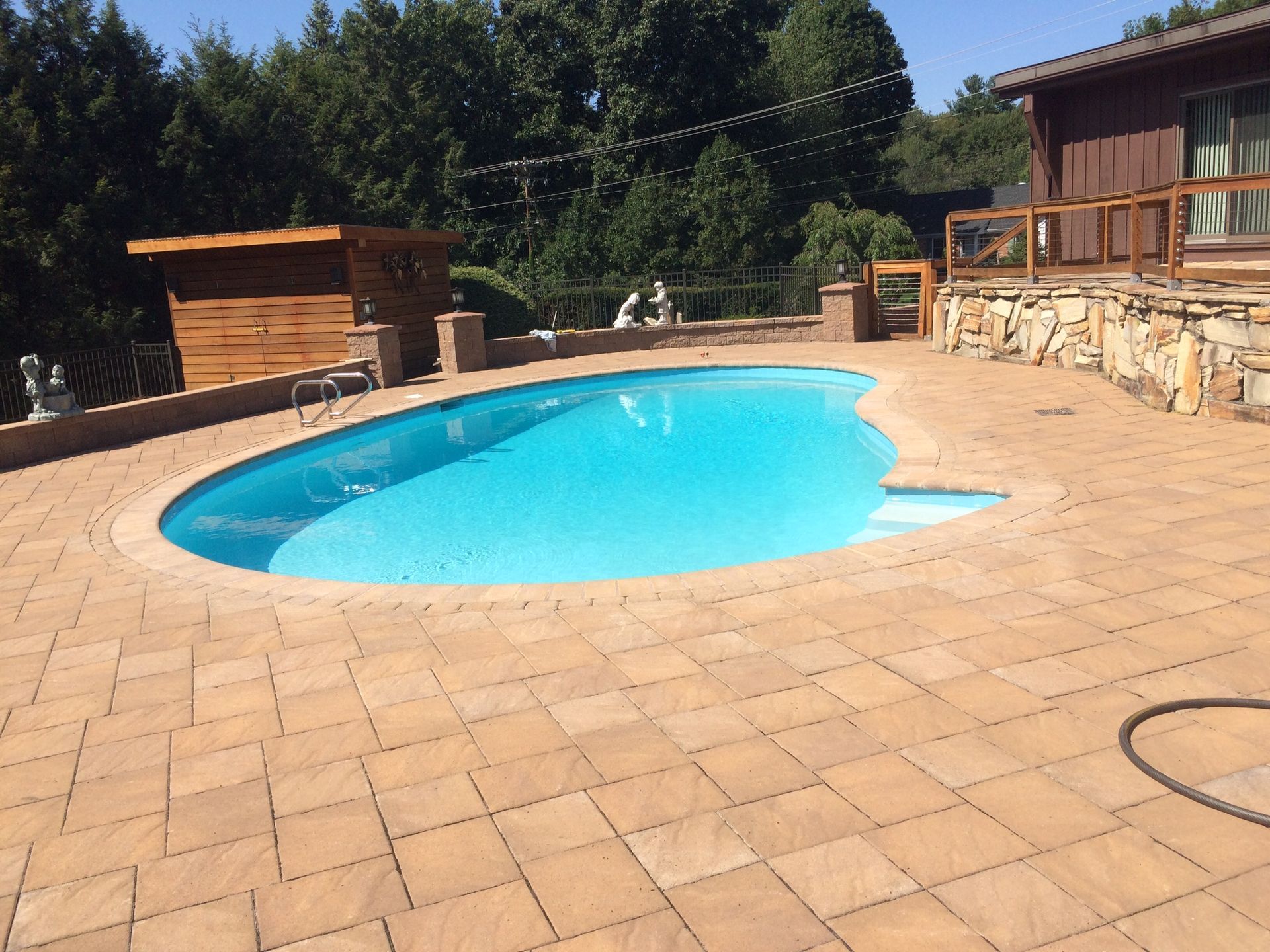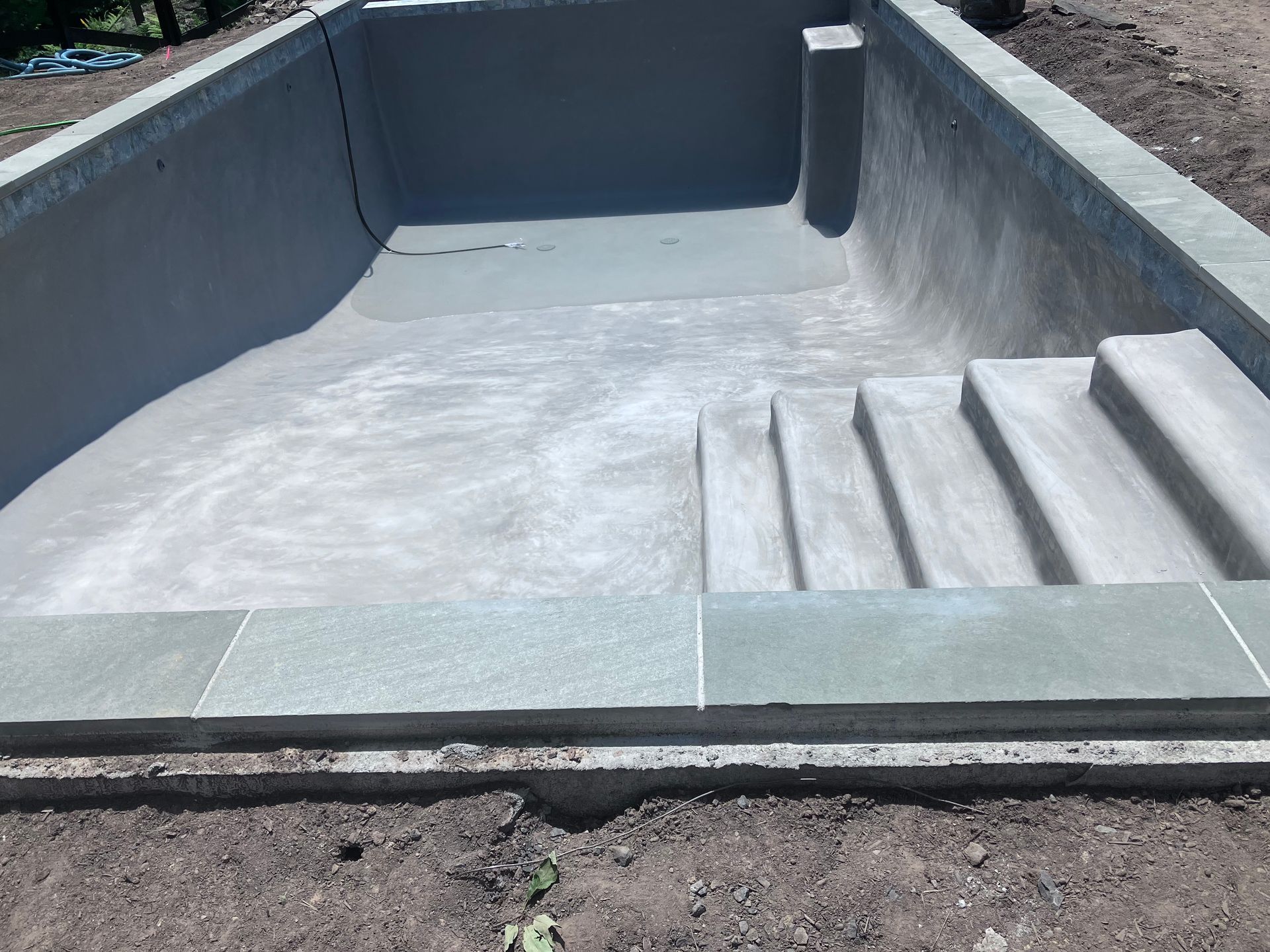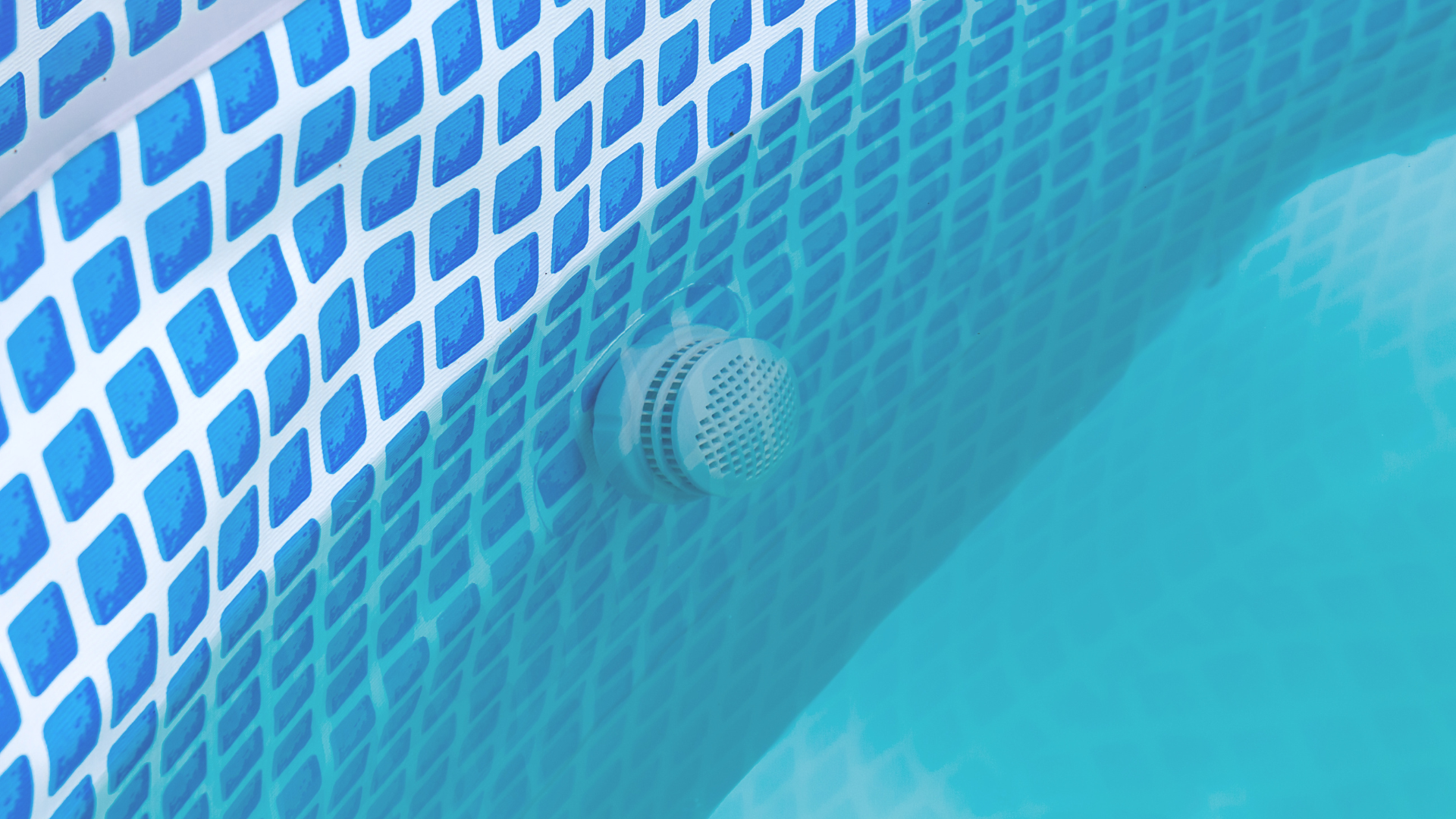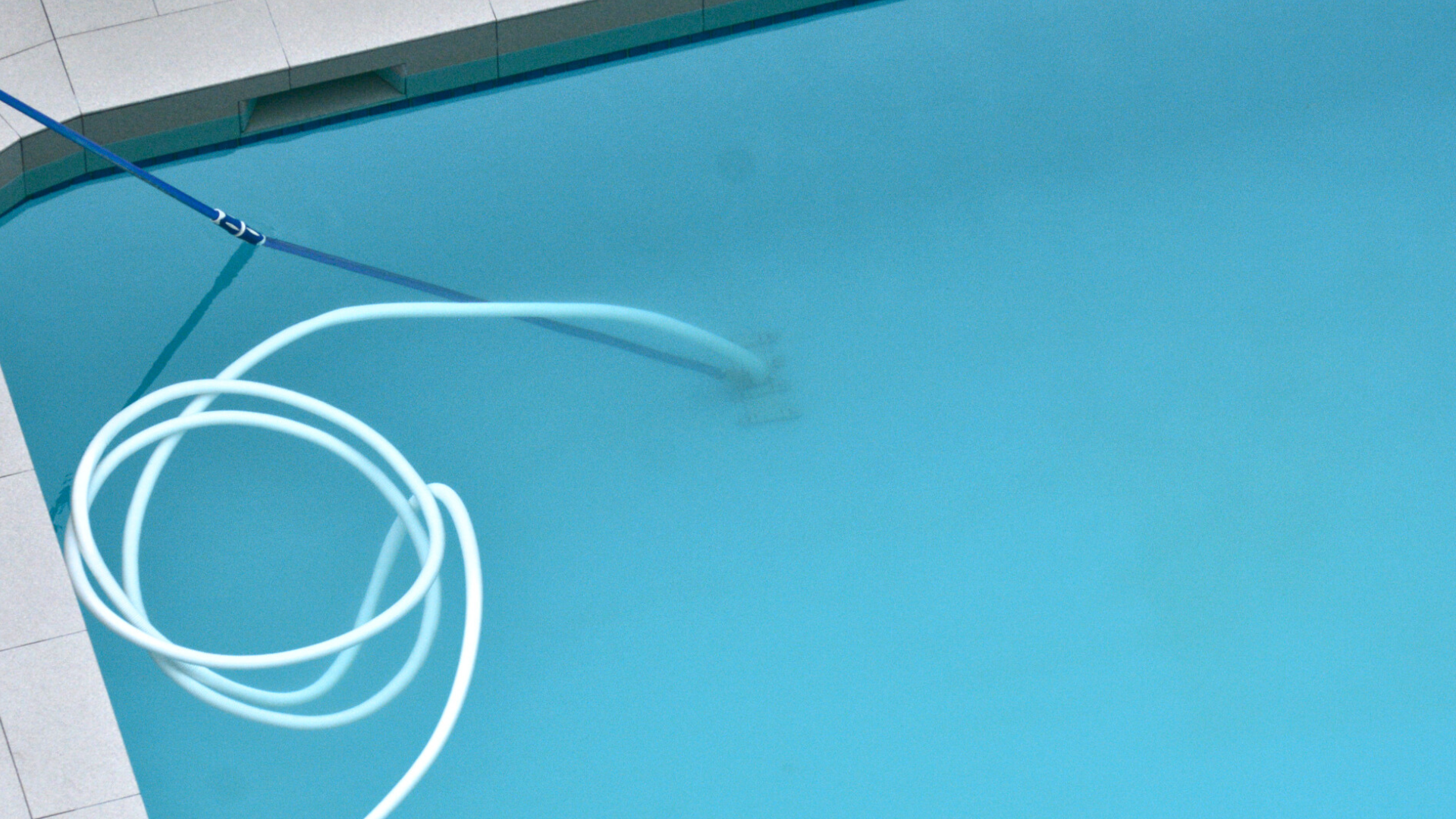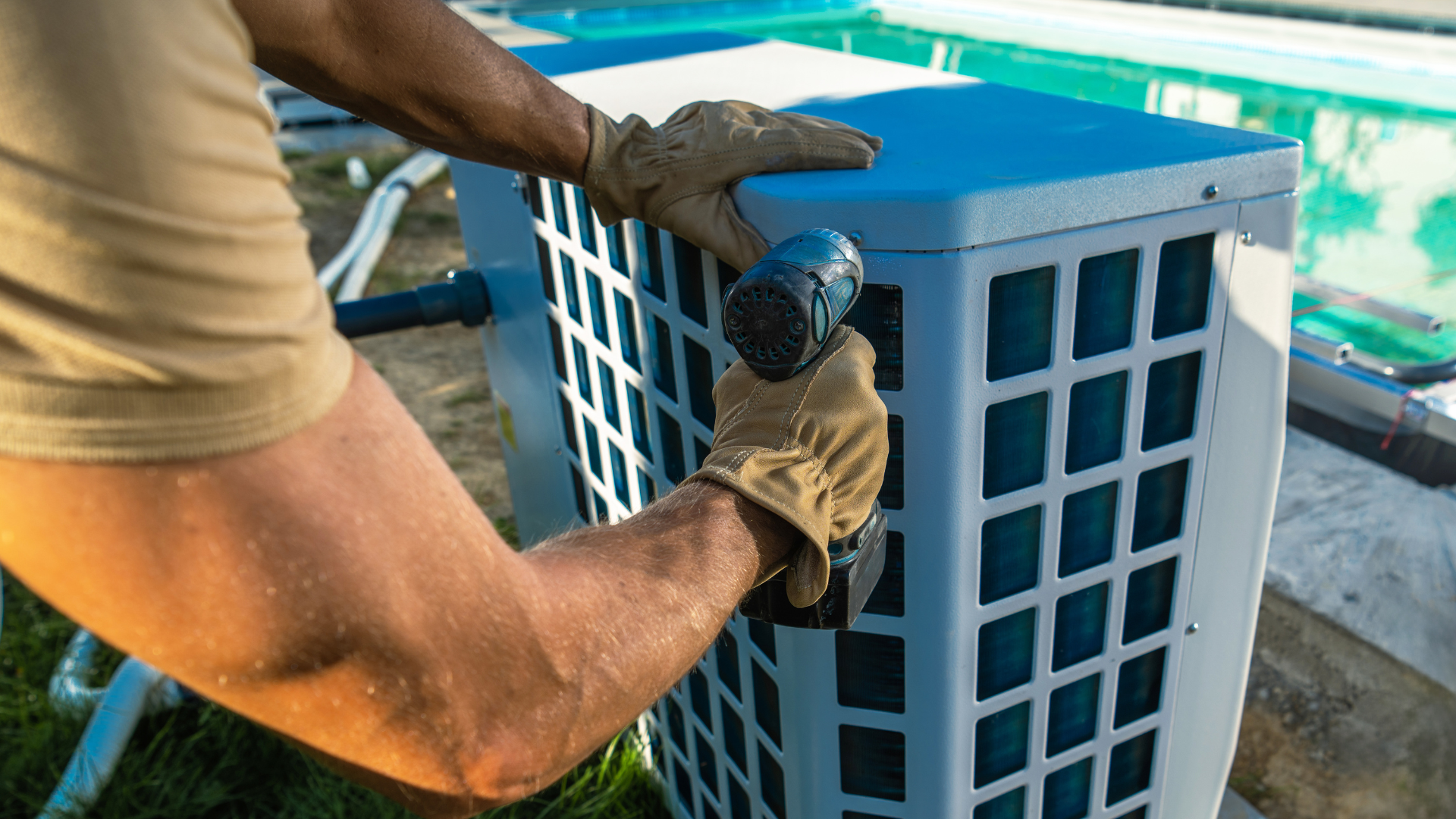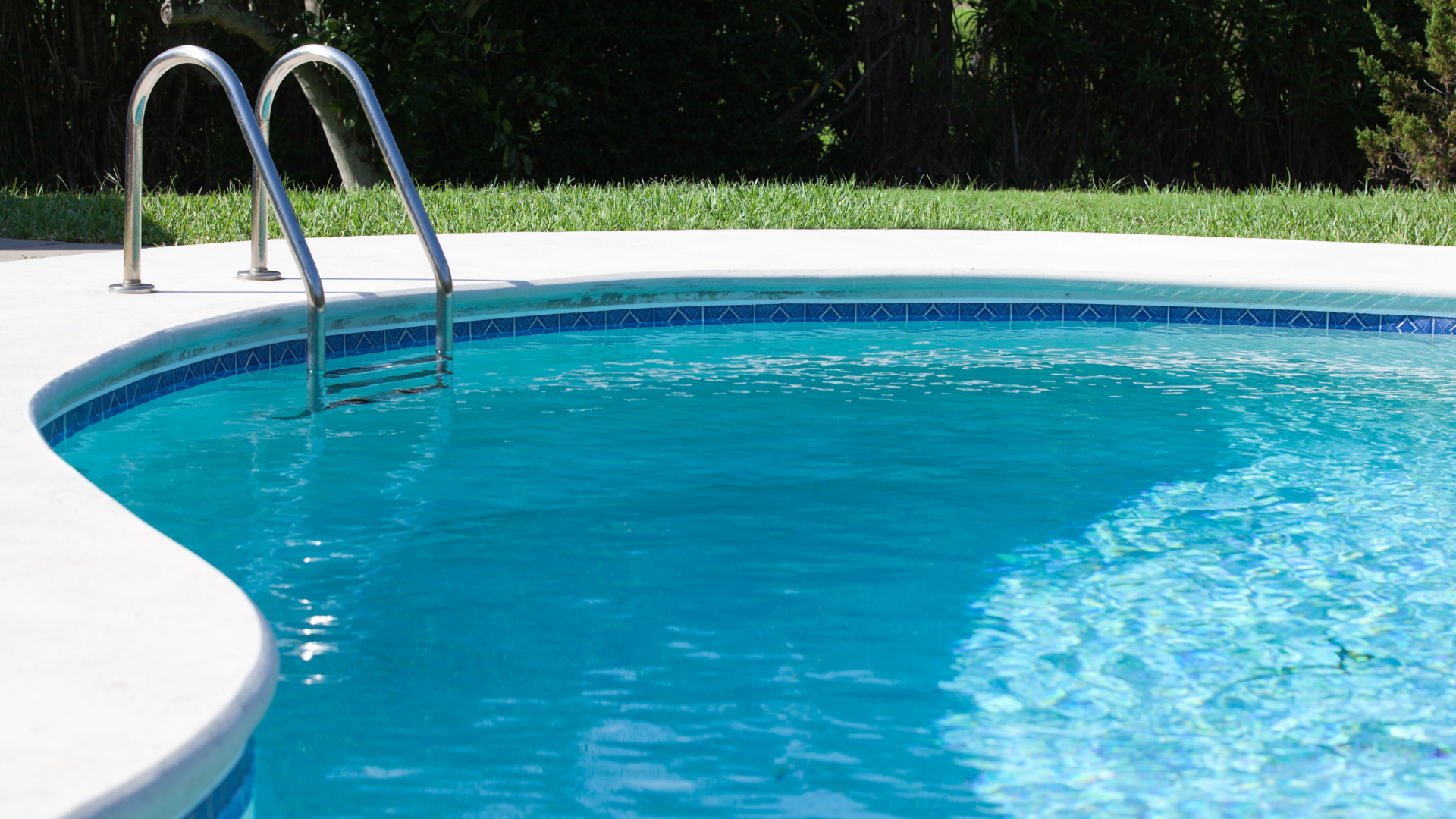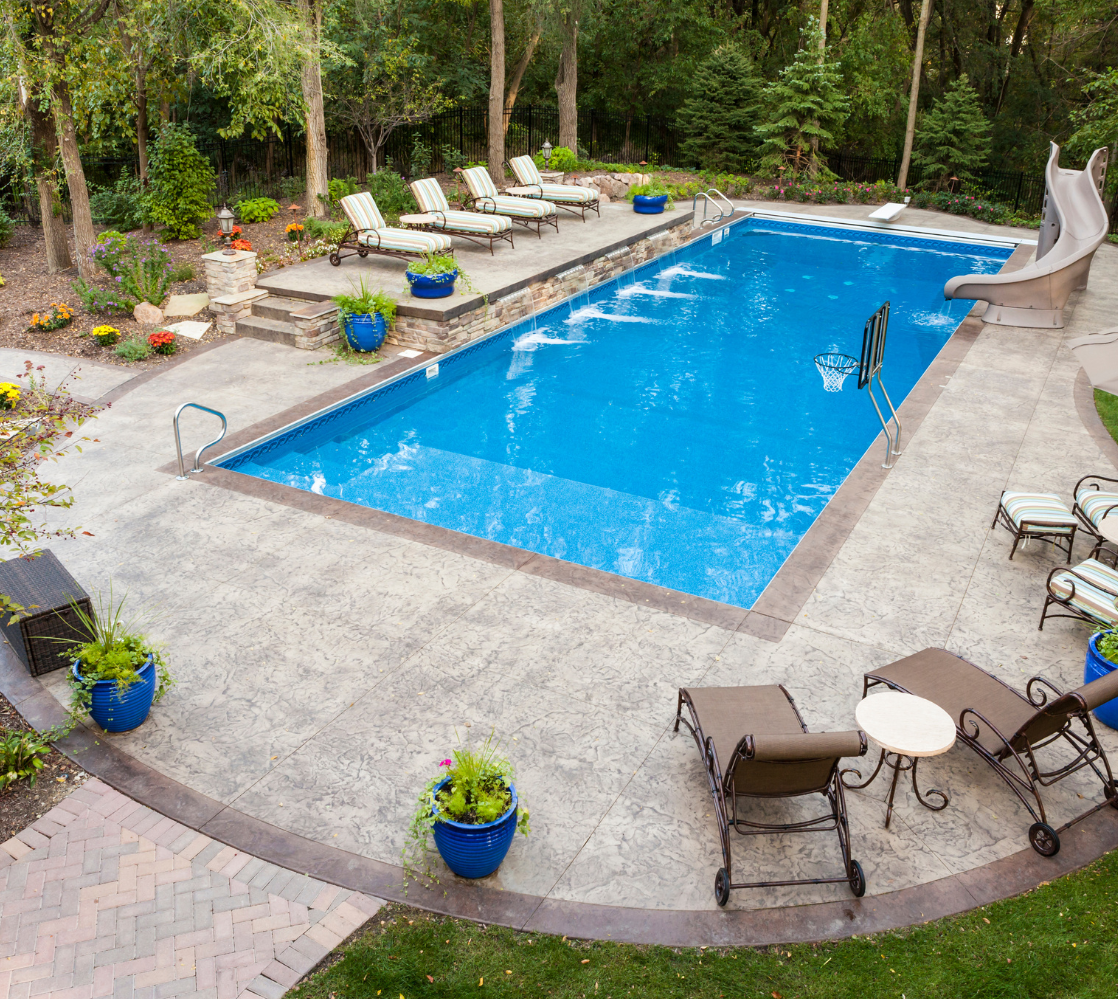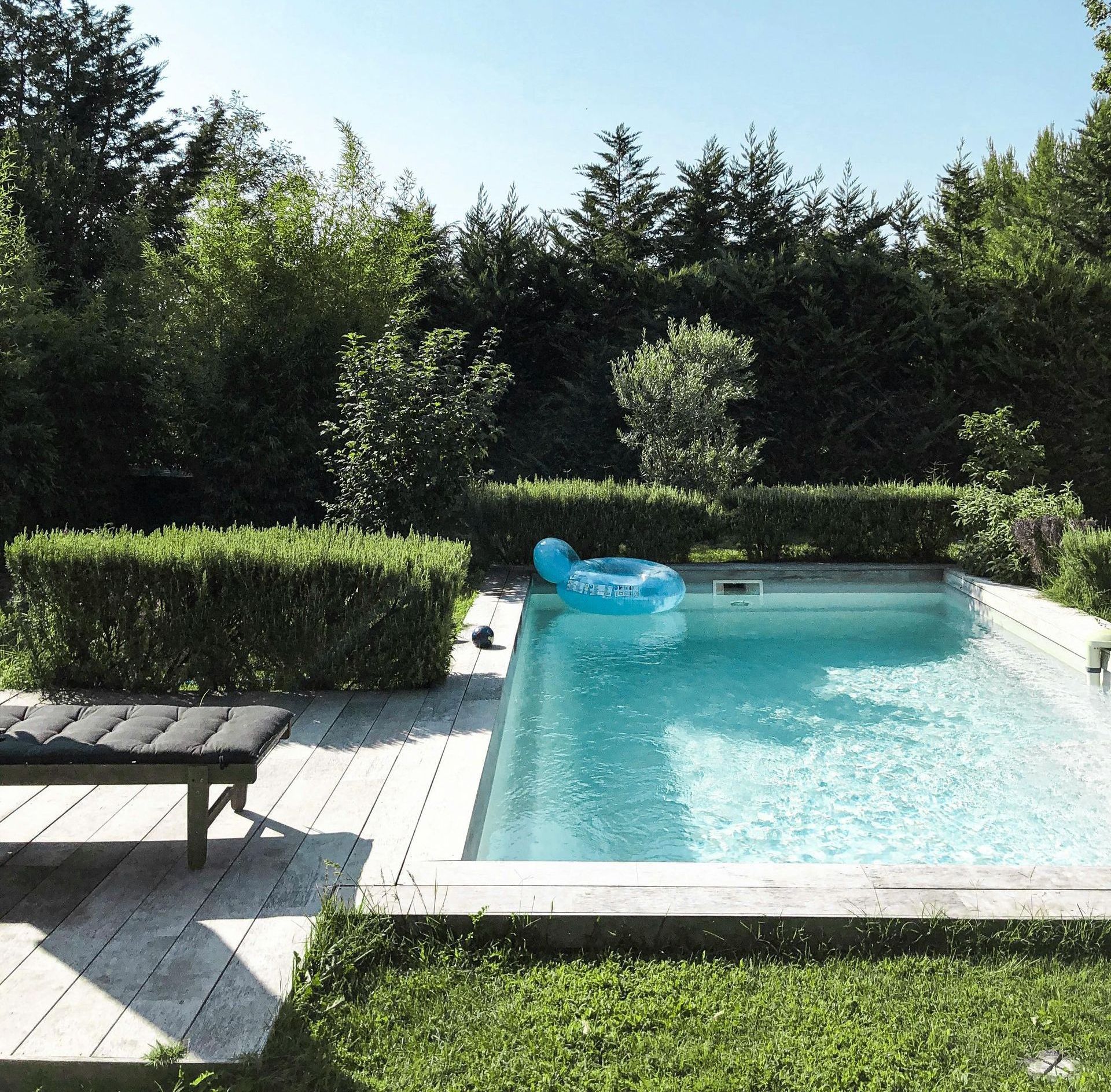Saltwater vs Chlorine Pools: Which Is Right for You?
Make the Right Decision
For homeowners considering a new swimming pool or looking to upgrade their existing system, one of the biggest decisions is choosing between a saltwater and a chlorine pool. Each option has its own set of benefits and drawbacks, and understanding the differences can help you make the best choice for your backyard oasis.
Understanding the Basics
Before diving into the pros and cons, it’s important to clarify how these two systems work. Chlorine pools rely on the manual addition of chlorine tablets or liquid to sanitize the water and prevent bacteria and algae growth. Saltwater pools, on the other hand, use a salt chlorine generator that converts salt into a low level of chlorine through electrolysis, effectively keeping the water clean.
While both systems use chlorine for sanitation, the key distinction is how the chlorine is introduced into the pool water. This difference impacts everything from maintenance to cost and even the swimming experience.

Benefits of Saltwater Pools
1. Lower Chlorine Levels, Softer Water
- One of the biggest advantages of saltwater pools is that they produce gentler water that is less likely to cause irritation to the skin, eyes, and hair.
2. Less Maintenance
- Because saltwater pools continuously generate chlorine, they typically require fewer chemical adjustments compared to traditional chlorine pools.
3. Lower Long-Term Costs
- While the initial investment for a saltwater system is higher, fewer chemical purchases over time can make it more cost-effective in the long run.
4. Less Harsh Chemical Smell
- Unlike traditional chlorine pools, saltwater systems
don’t produce the strong chlorine odor that some swimmers find unpleasant.

Drawbacks of Saltwater Pools
1. Higher Upfront Costs
- Installing a salt chlorine generator can be expensive, often adding $1,000–$2,500 to the initial cost of the pool.
2. Corrosion Potential
- Saltwater can accelerate corrosion of certain pool components, including metal ladders, fixtures, and concrete decking, requiring special materials to mitigate damage.
3. Complex Repairs
- If a salt chlorine generator fails, repairs can be costly, often requiring professional servicing.
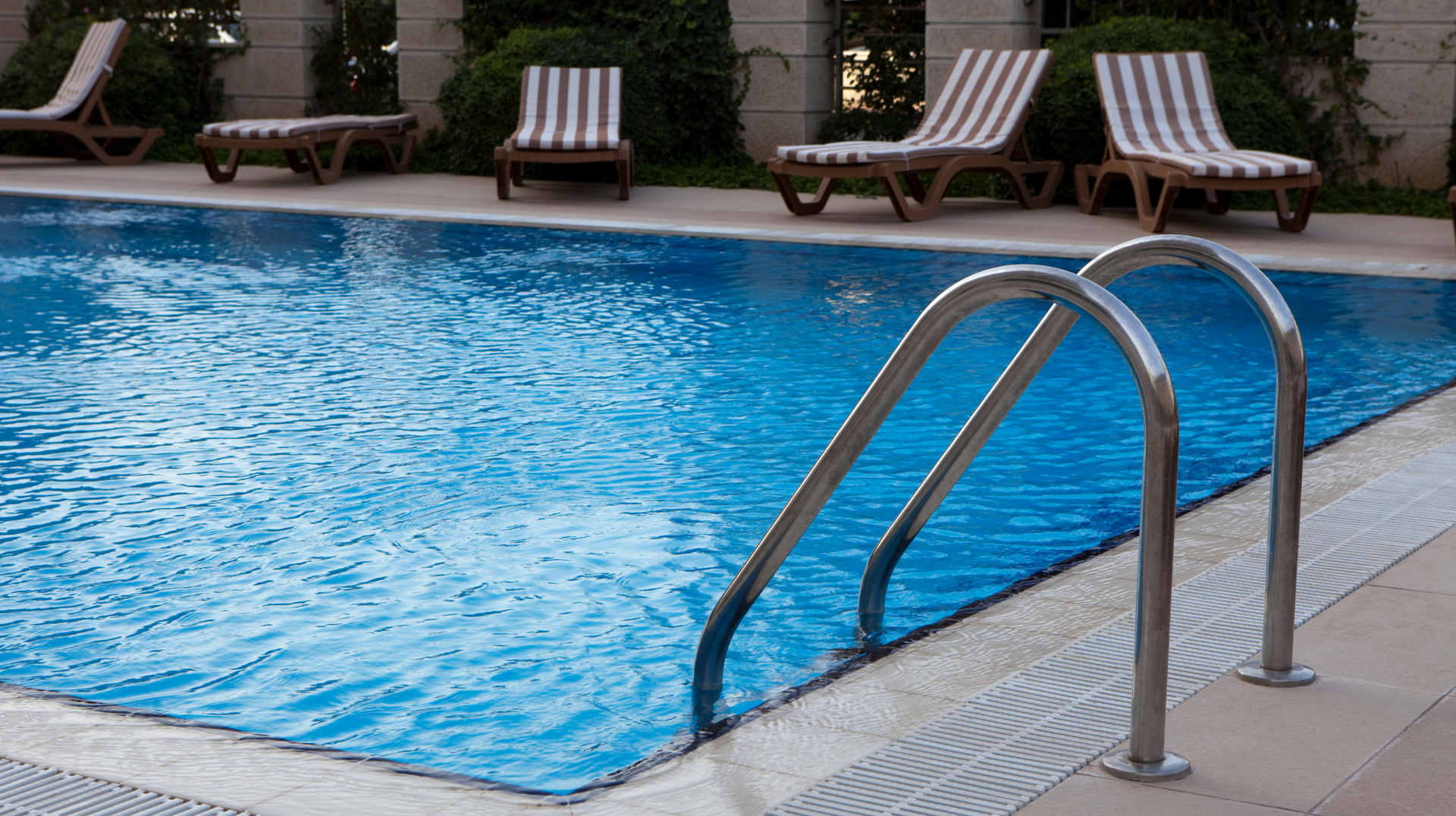
Benefits of Chlorine Pools
1. Lower Initial Cost
- Chlorine pools are more affordable to install, as they don’t require specialized equipment like salt chlorine generators.
2. Easier to Adjust Chlorine Levels
- Pool owners can quickly increase or decrease chlorine levels as needed by adding chlorine tablets or liquid.
3. Works Well in All Climates
- Unlike saltwater systems, which may struggle in colder temperatures, chlorine pools maintain effectiveness year-round.
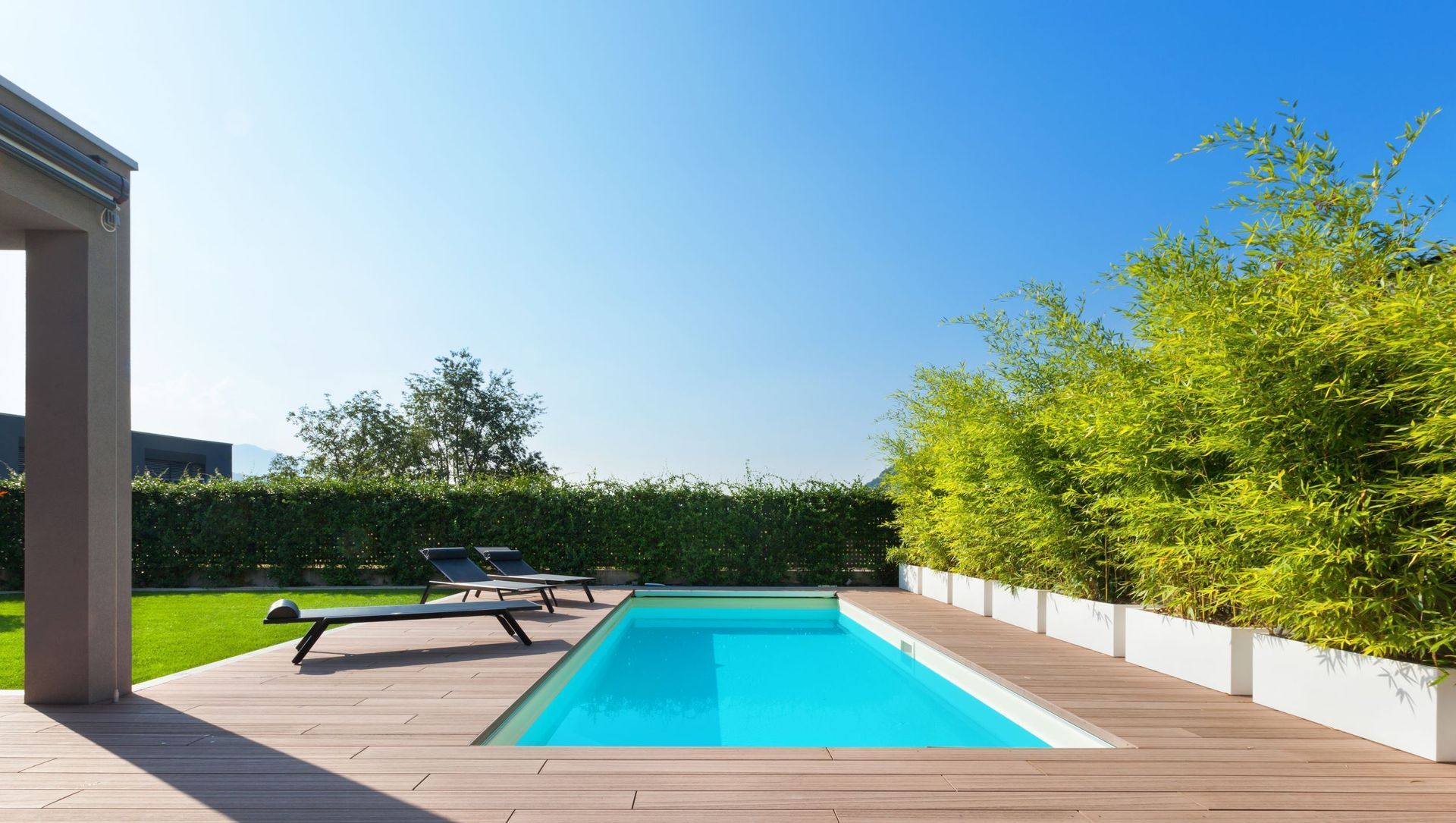
Drawbacks of Chlorine Pools
1. Higher Ongoing Maintenance
- Chlorine pools require regular testing and chemical balancing, often demanding more attention than saltwater pools.
2. Stronger Chemical Smell and Potential Irritation
- High chlorine levels can cause eye irritation, dry skin, and a strong odor, which some swimmers find uncomfortable.
3. Frequent Chemical Purchases
- Over time, the cost of chlorine tablets, stabilizers, and shock treatments can add up, making maintenance more expensive in the long run.
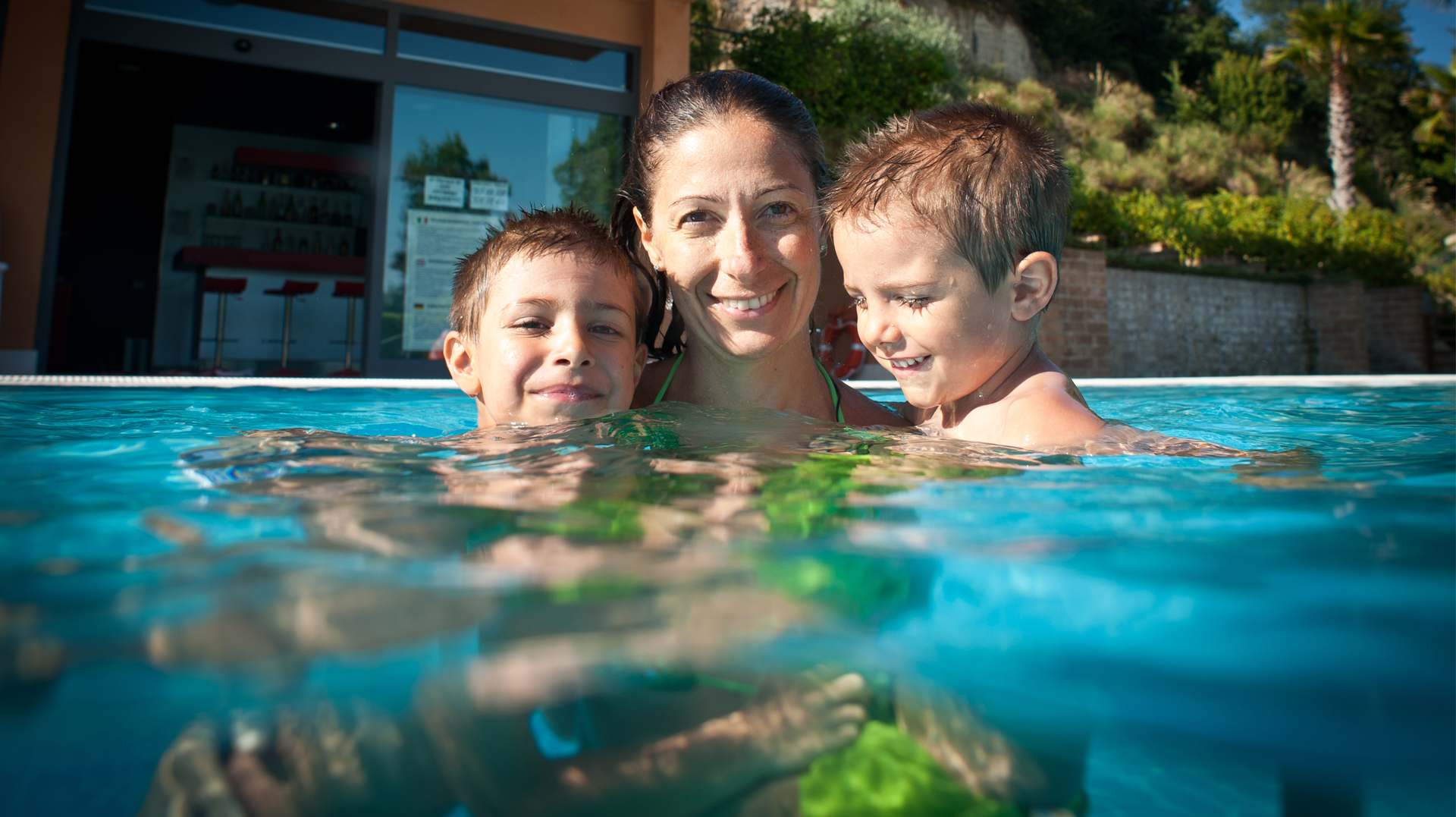
Which Pool Type Is Best for You?
Choosing between a saltwater and chlorine pool depends on your budget, maintenance preference, and swimming experience goals. Here’s a quick breakdown to help guide your decision:
- If you prefer low maintenance and softer water, a saltwater pool may be the better choice.
- If you want lower upfront costs and more control over chlorine levels, a traditional chlorine pool might be the right fit.
No matter which system you choose, The Pool Chemist is here to help with professional pool installation, maintenance, and water testing services. Our experts can assist with everything from selecting the right pool system to ensuring your water stays crystal clear and safe for swimming.
Get Expert Advice from The Pool Chemist
Still unsure which pool type is right for you? The Pool Chemist has been serving homeowners for decades, providing expert advice and top-tier pool maintenance. Contact us today for a consultation or service appointment to keep your pool in perfect condition year-round!
For more information, reach out to The Pool Chemist today and let our professionals guide you toward the best pool solution for your home!
